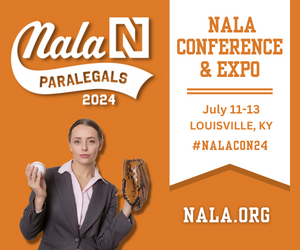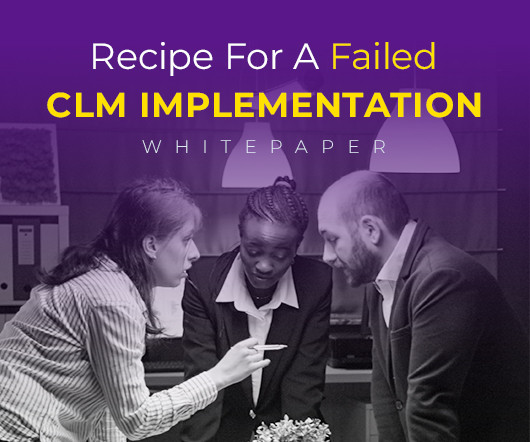Over 1000 New FM Translators Almost Ready for Grant - Long Form Applications Due August 30, Changes Secondary to LPFM Applicants
Broadcast Law Blog
JULY 31, 2013
'The processing of the FM translator applications left over from the 2003 translator window marches on. The FCC today announced the window for long form applications for all the translator applications that are no longer mutually exclusive with other applicants. The FCC has asked for long-form applications for these 1239 applications (filed on Form 349 and providing more detailed legal and technical information about the applicant and its proposed operation) to be filed by August 30.























Let's personalize your content